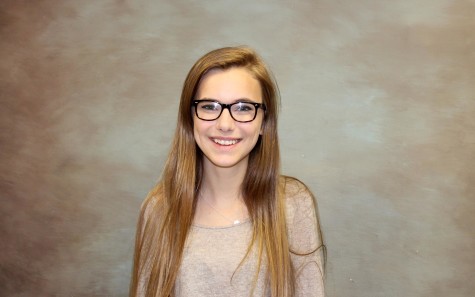All over the United States, presidential hopefuls like Marco Rubio, Hillary Clinton and Donald Trump are working to gain the vote of an inaccessible group. A group that has been traditionally inactive in elections – the young. As November 8, 2016 draws nearer, these candidates become desperate to appeal to young voters and to hopefully gain their support, support that will win them the presidency.
Voters aged from 18-29 are often the most important, yet least represented group in election turnout. These highly contested votes are up for grabs to all candidates as young voters are still forming their political ideologies. According to a 2014 study by The Center for Information & Research on Civic Learning and Engagement, only 21.5% of this demographic actively take advantage of their right to participate in democracy – the vote. This may be due to distrust of candidates, belief that their votes don’t matter or just general disinterest, but the problem is that not enough young people are exercising their right to vote, which is something that teachers and students at NCHS are hoping will change.
Mr. David Witzig, a social studies teacher at NCHS for 21 years, is one of these people. In his Regional World Studies, US History and AP Government classes, Witzig tries to get his students more interested in global issues as well as their own government, “The more students are exposed, forced to look at government and make decisions, and talk about these ideas, the better it is.”
Witzig encourages his students to vote, to learn about candidates and local government, and to discuss issues with their family members and peers.
Mr. Stephen Robinson, another social studies teacher, also believes in getting students more involved. Besides teaching students about the political process through the course US History, Robinson teaches Sociology, a course that “helps students to develop a way of thinking that involves critically analyzing what’s going on around you, within you. Trying to draw connections, see institutional effects, understand the social forces at work on all of us, and how to create, perpetuate, and change them.”
NCHS offers a multitude clubs for students who are interested in politics including Model United Nations, Normal Peace and Justice Club, Teenage Republicans and Great Minds Think Differently. These groups all aim to increase student political involvement during and after high school and broaden students’ perspectives.
“It’s good for people with different views to sit together and talk about issues and not just talk to your same people all the time,” said Witzig, who sponsors Teenage Republicans.
These clubs all have vocal, active members and meet regularly, and the groups sometimes interact with each other.
In October, the Teenage Republicans and the more liberal Normal Peace and Justice Club held a political debate organized by senior Lucas Lasher and junior Jeremy Crouthamel. Both are students in Mr. Robinson’s Sociology course, where they were assigned to organize a creative project that contained an element of charity. They chose to organize a debate between the two groups for their project in an effort to raise money for the American Red Cross and because “Well, we kind of just wanted to see everyone yell at each other,” said Lasher.
Interested students also have the opportunity to form their own clubs as a way of becoming more involved and representing their views, as Senior Mike Shepard did when he recently started the Teenage Republicans. Shepard “thought it would be a good idea to get a club together, so I did a little research and I found that Teenage Republicans is a nationwide organization so we decided to start our own.”
Outside of clubs and social studies courses, students can find other ways to get involved. Senior Alexys Ogorek attended the National Student Leadership Convention on Public Policy and Political Action this summer at American University in Washington, D.C. “It really dumped me head first into the political process–we held mock senate committees and I won a mock presidential campaign!” Ogorek commented in an written statement.
Both Witzig and Robinson believe that students are the best way to make social change, starting in classrooms and clubs.
Citing the Vietnam War draft protests as an example, “When students really caused problems, instead of just following along with what they were told to do and said ‘hey, this is not right’ and their protest made a big difference and really impacted politicians and made people think about what was going on,” said Witzig.
Robinson’s goal as a teacher is to “get people to open up, to think critically, and then to want to go out and do stuff and actually make the world better.”
Ogorek, Shepard, and Lasher will all be among the estimated 21.5% of young people voting in the 2016 election. Despite the general under-representation of the age group, students and teachers are trying to take an active role in changing the way young voters feel about elections.

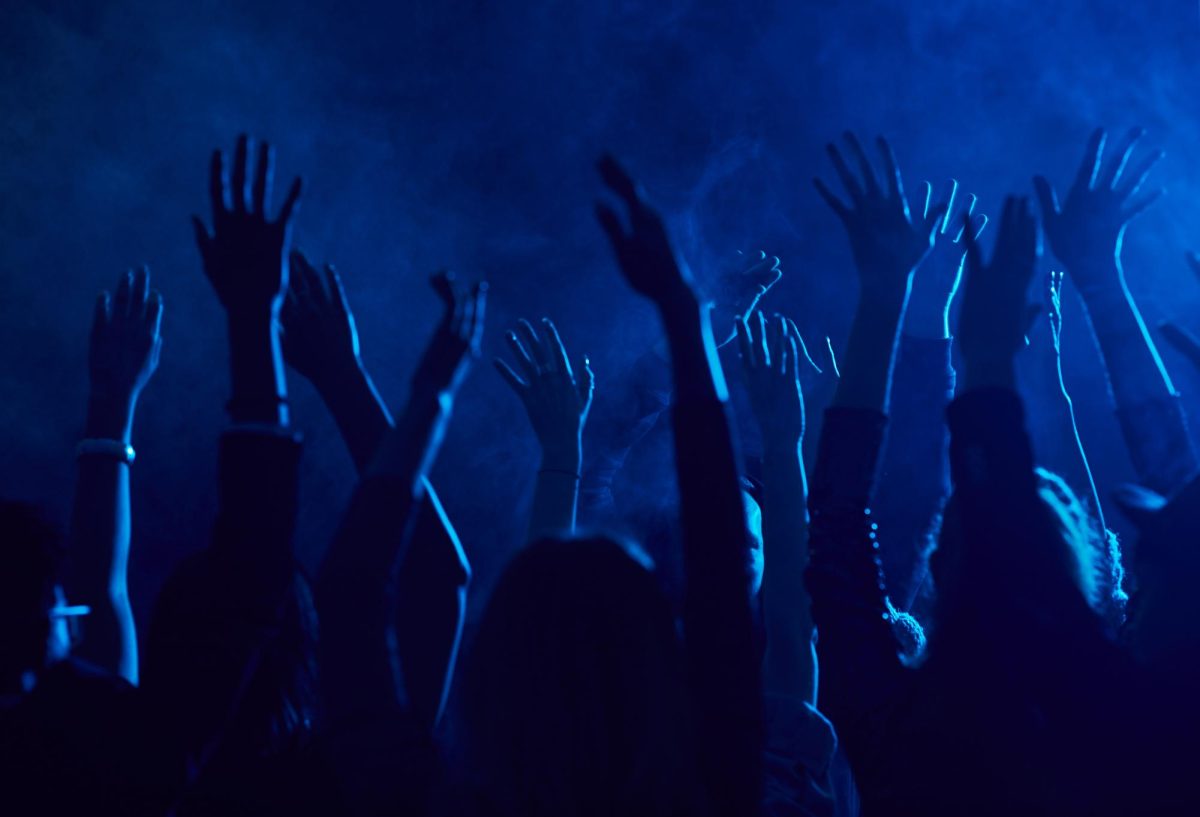
![Community honors longtime coach Mr. Bryan Thomas before Oct. 3 game [photo gallery]](https://nchsinkspot.com/wp-content/uploads/2025/10/Thomas-6-1200x1200.jpg)
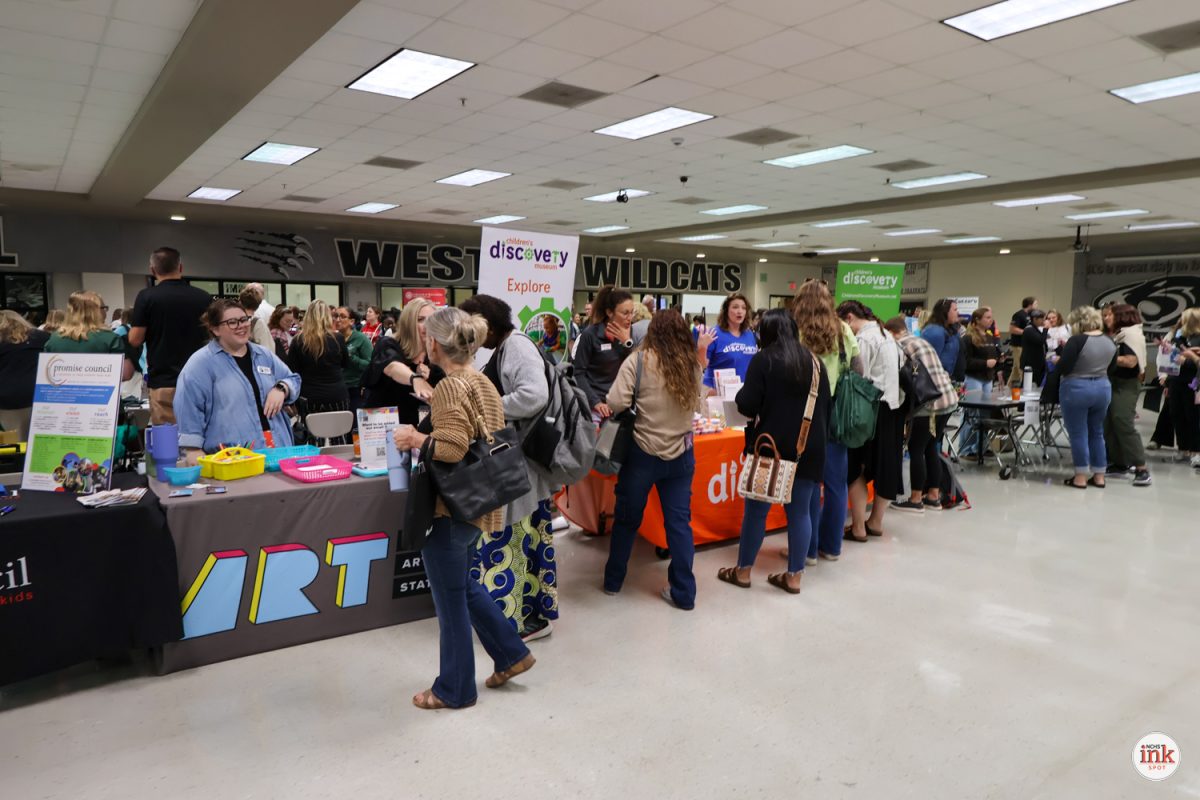
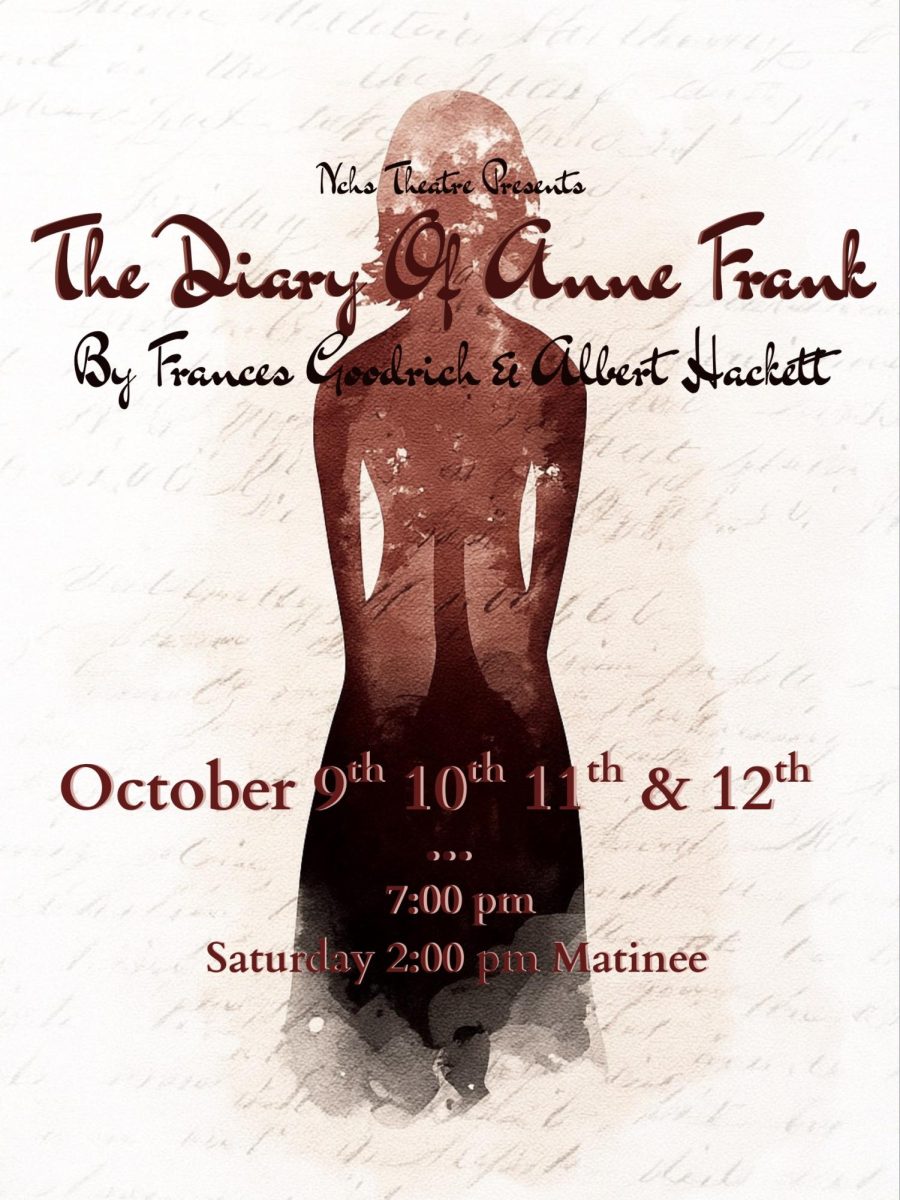
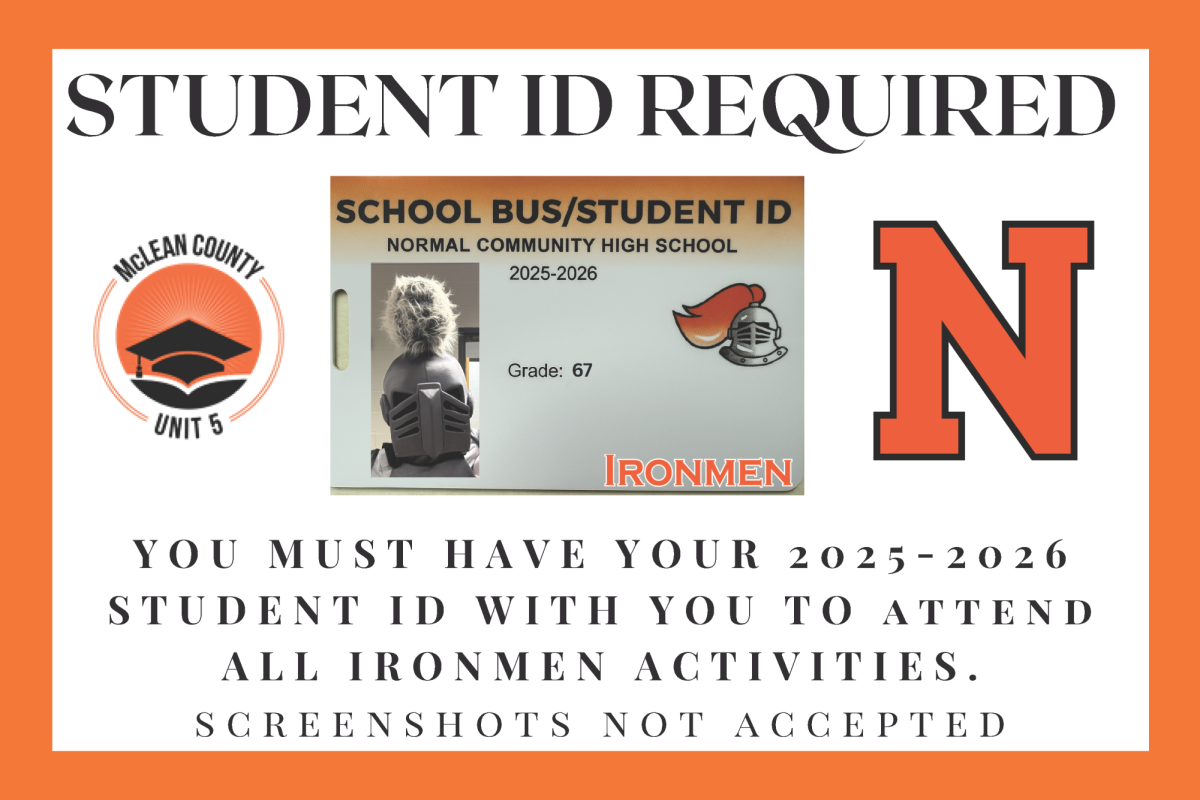
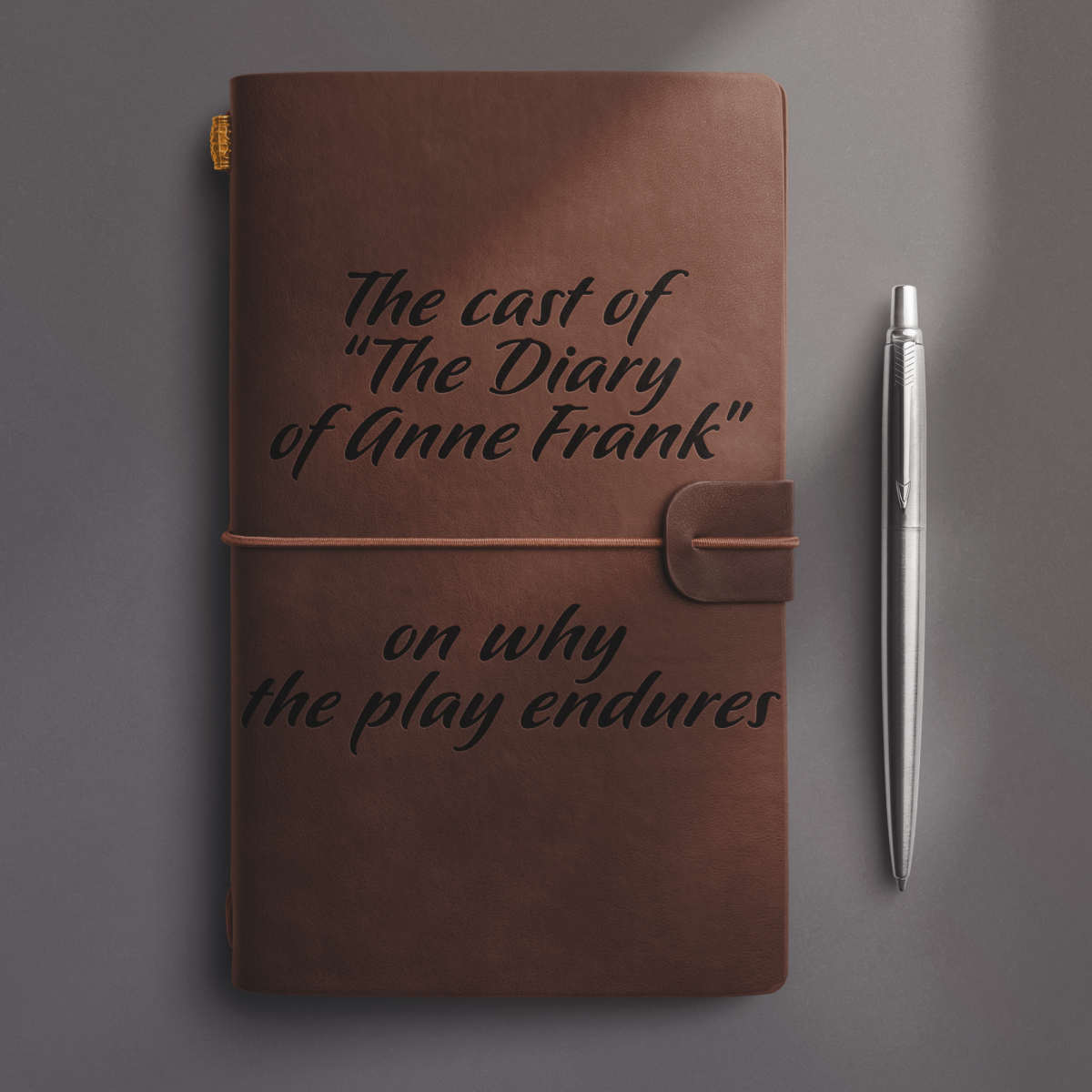
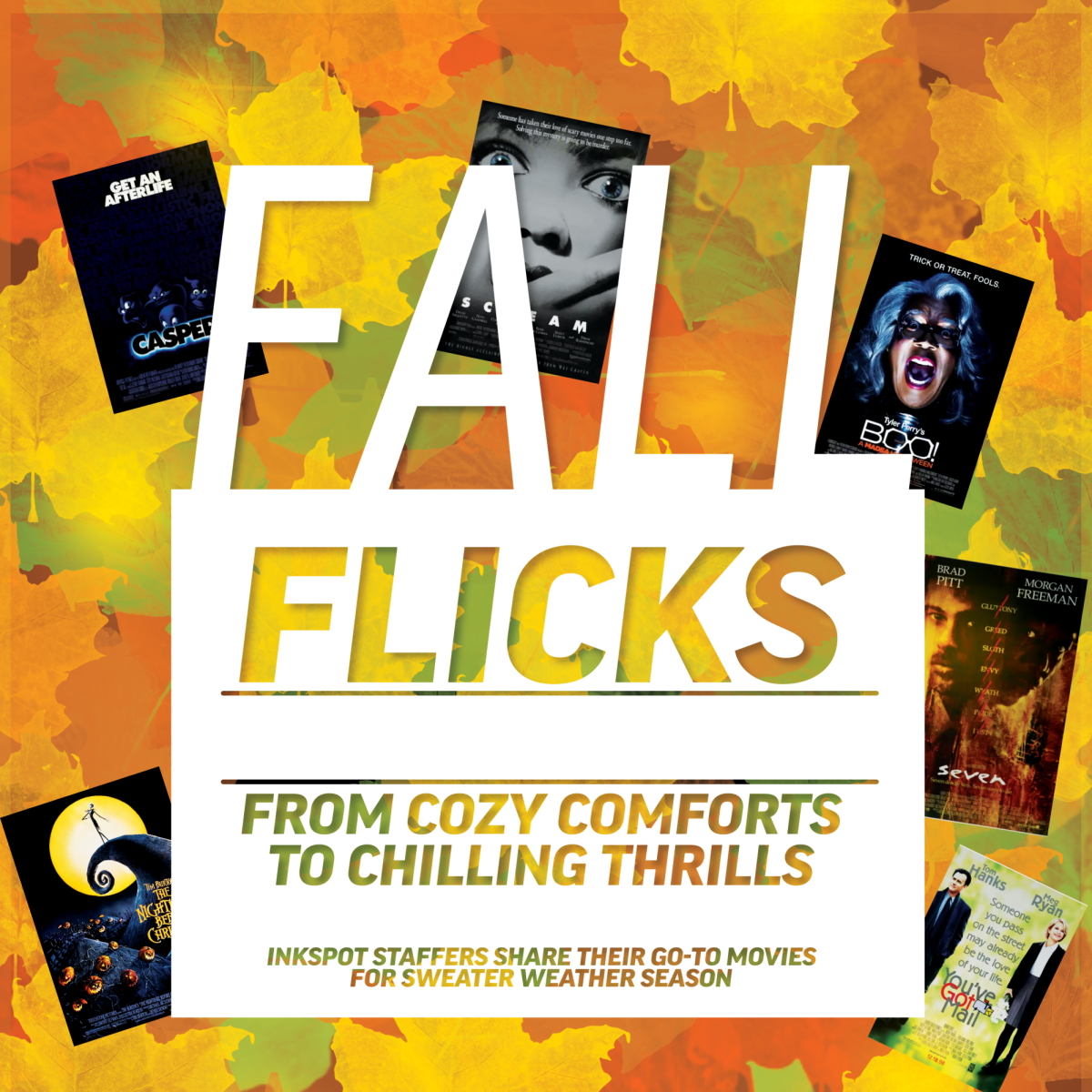


















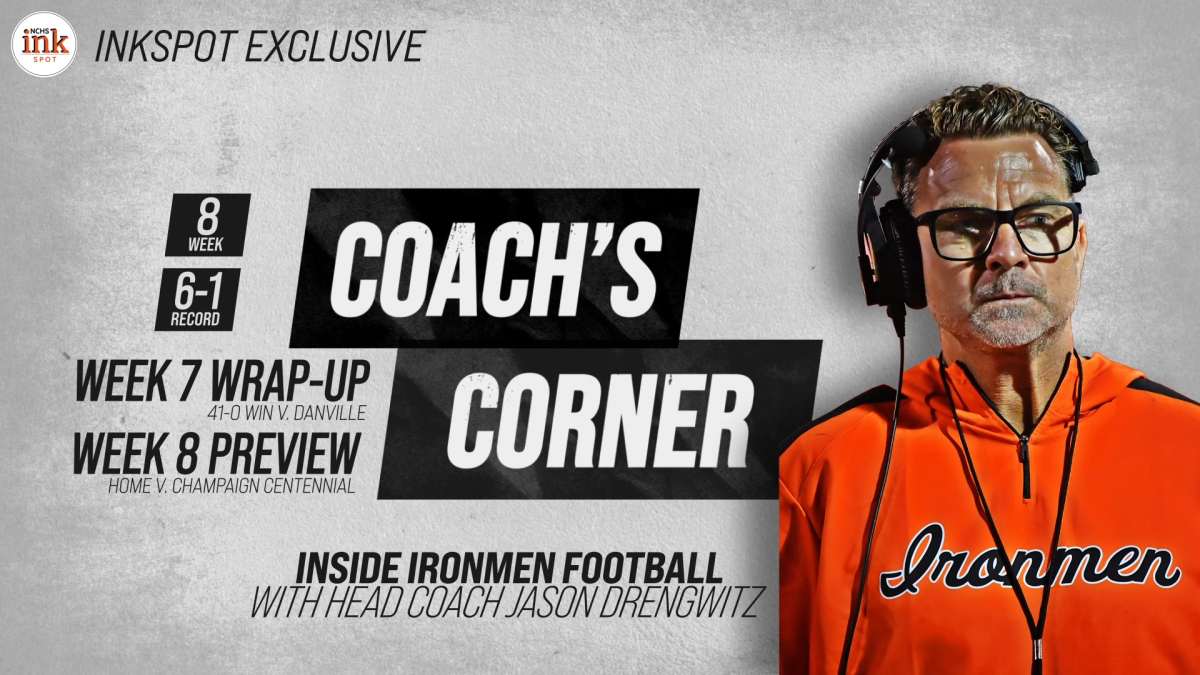
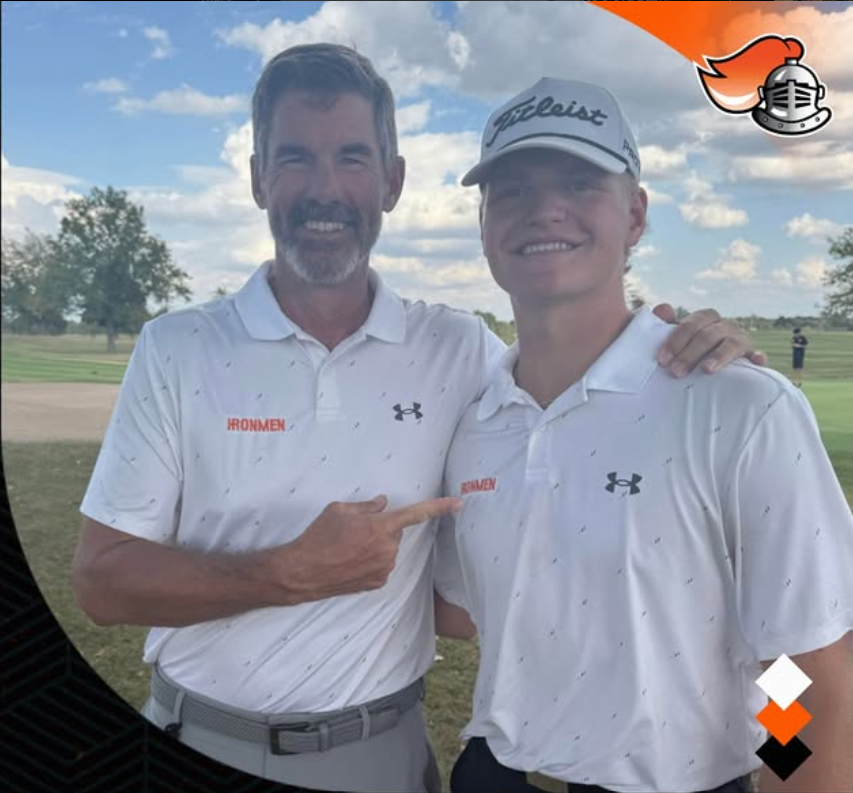
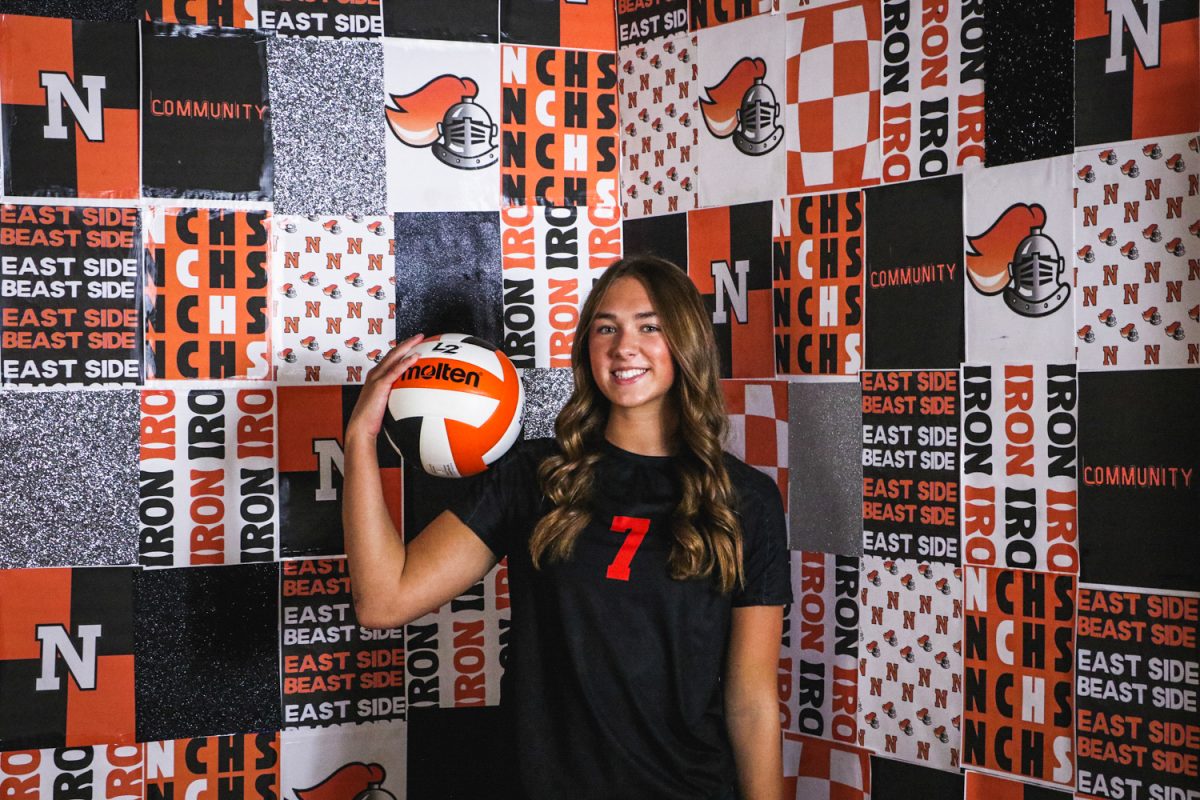
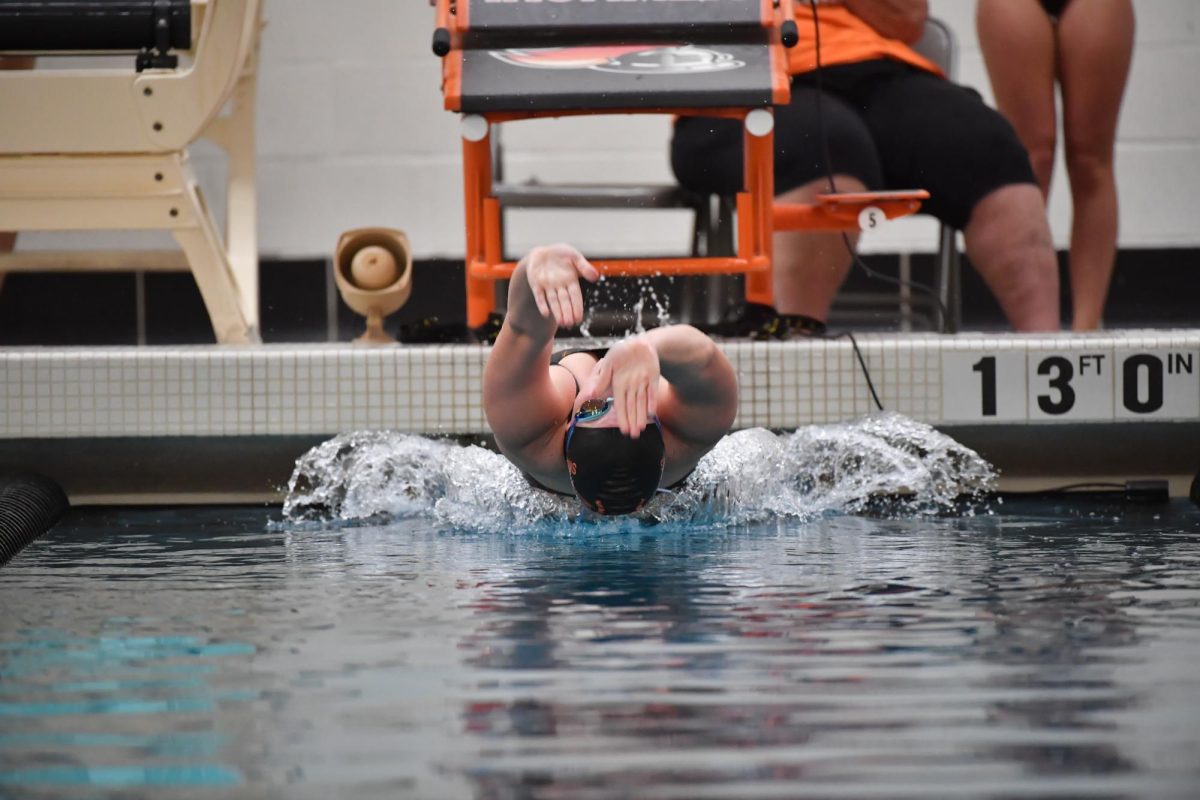
![Week 7: Coach Drengwitz recaps the Ironmen’s win over Bloomington, talks Danville [video]](https://nchsinkspot.com/wp-content/uploads/2025/10/Vikings-feature-Image-1200x675.png)





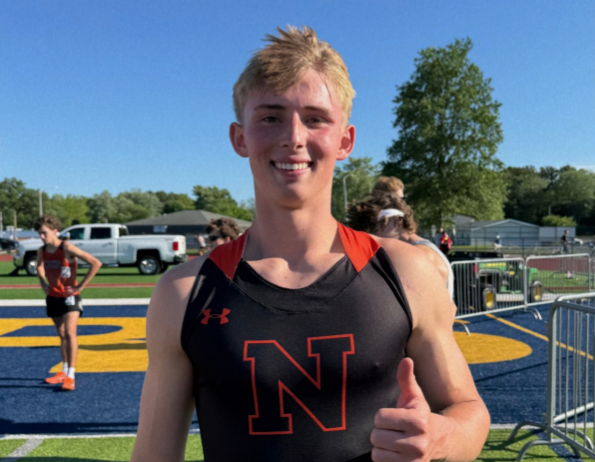
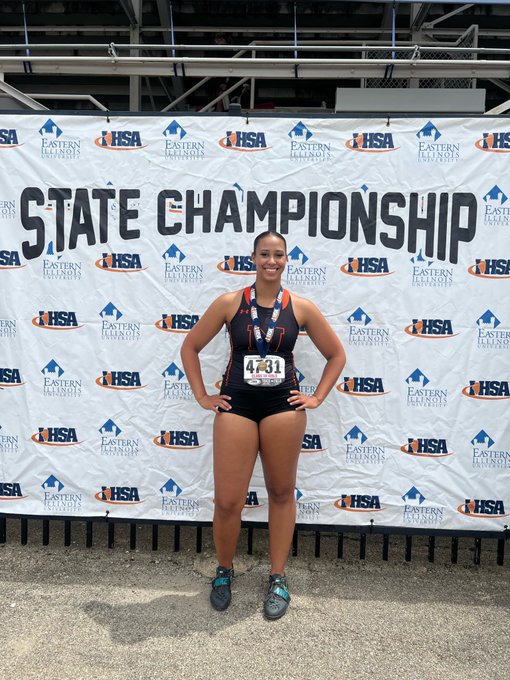
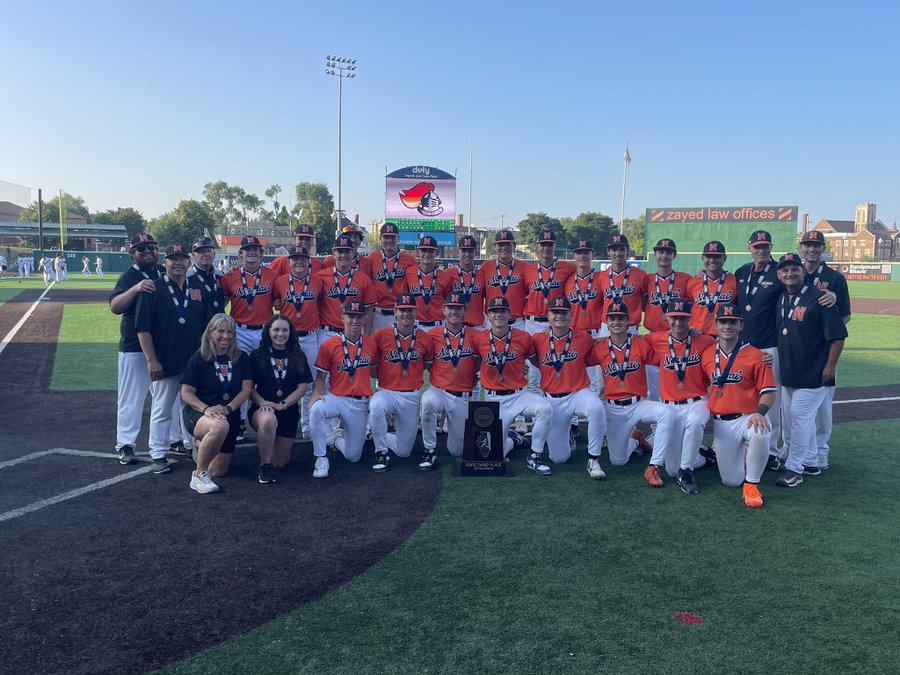








![Halloween candy cross section quiz [quiz]](https://nchsinkspot.com/wp-content/uploads/2022/10/Candy-cover-big-900x675.png)
![Average Jonah? [quiz]](https://nchsinkspot.com/wp-content/uploads/2022/05/average-jonah-900x600.png)







![[Photo Illustration]](https://nchsinkspot.com/wp-content/uploads/2025/09/trigger-words.png)















![Week 5: Coach Drengwitz previews the Ironmen’s matchup vs. Peoria Manual, recaps Week 4 [video]](https://nchsinkspot.com/wp-content/uploads/2025/09/Week-5-v-Rams-1200x675.png)
![Postgame reaction: Coach Drengwitz on Community’s 28-17 Loss to Kankakee [video]](https://nchsinkspot.com/wp-content/uploads/2025/09/Week-4-postgame--1200x675.png)
![On the Spot: This or That – Halloween [video]](https://nchsinkspot.com/wp-content/uploads/2024/10/tot-Halloween-YT-1200x675.png)
![On the Spot: This or That – Fall favorites [video]](https://nchsinkspot.com/wp-content/uploads/2024/10/ots-fall-web-1200x800.png)
![On the Spot – Teachers tested on 2023’s hottest words [video]](https://nchsinkspot.com/wp-content/uploads/2024/01/On-the-Spot-Teachers-tested-1200x675.png)








